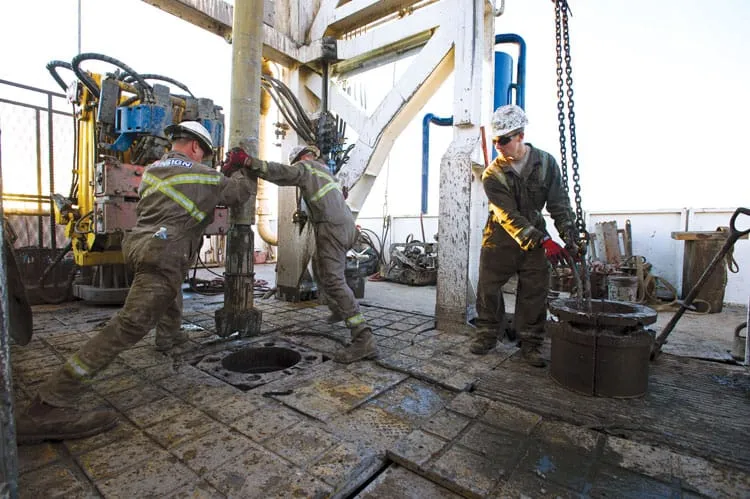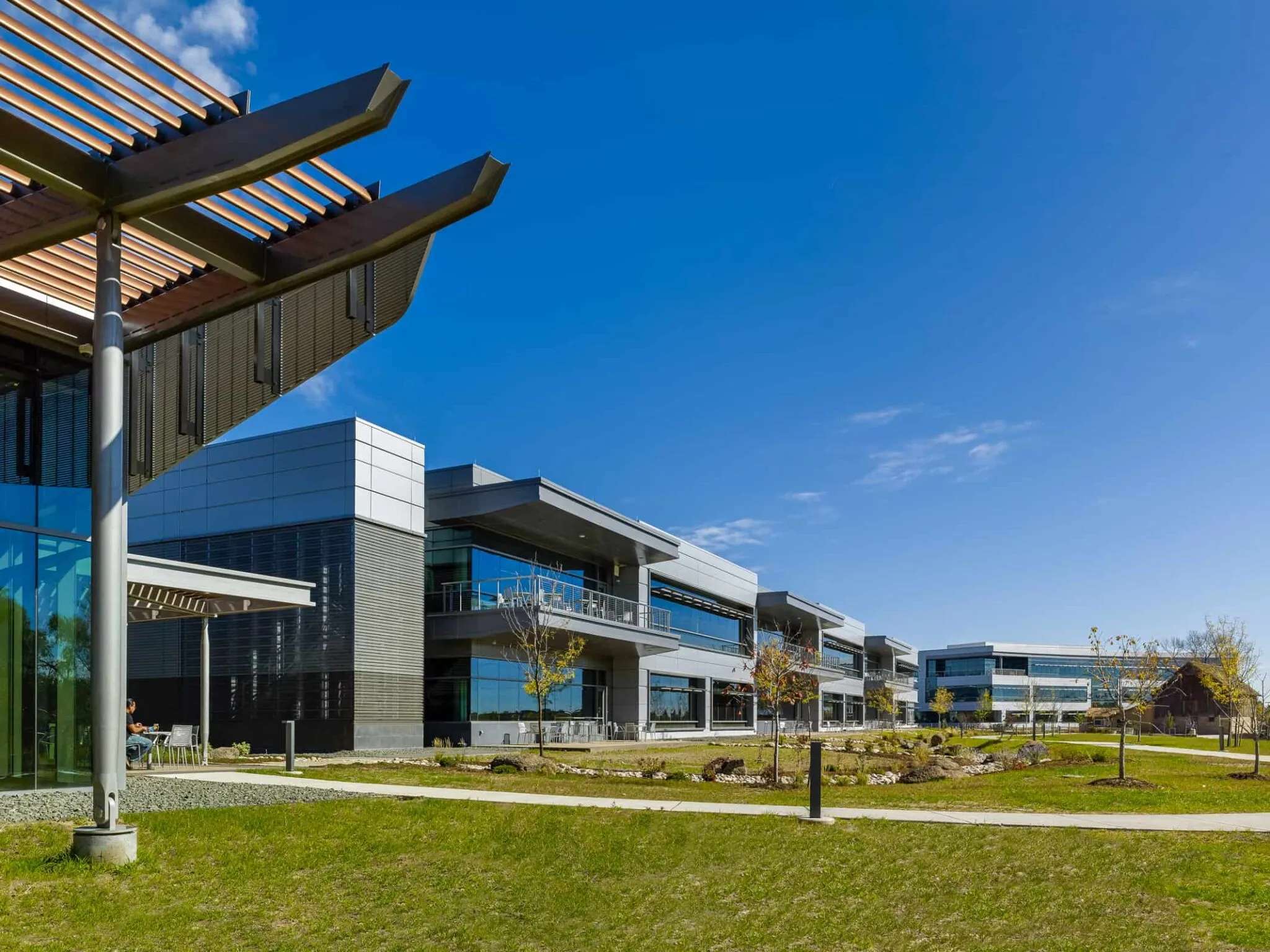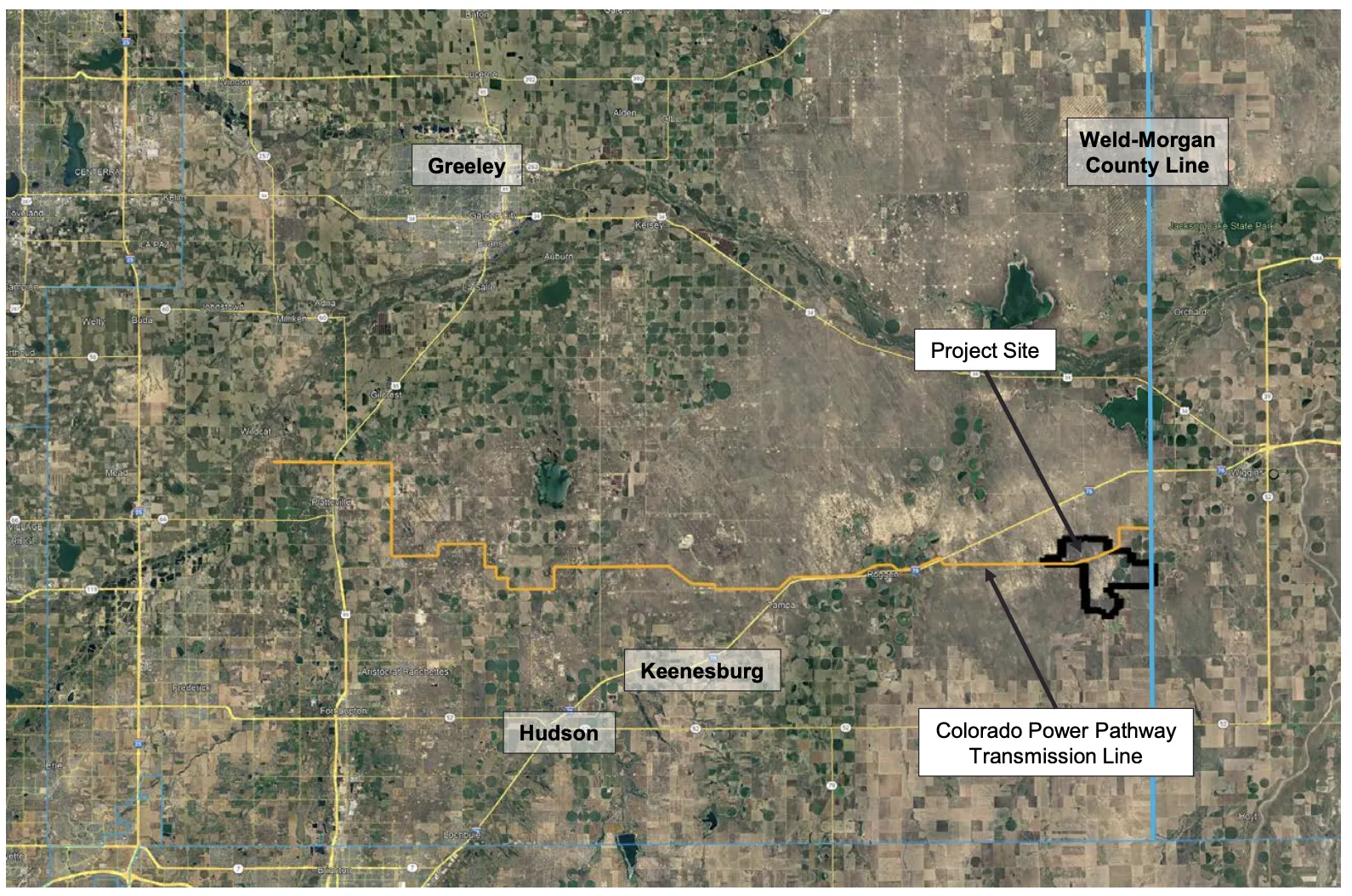An end to Colorado’s oil wars?

“With the signing of this bill, it is our hope that the oil and gas wars that have enveloped our state are over and the winner is all of us,” Gov. Jared Polis said in April when he signed Senate Bill 181 into law.
The bill, a sweeping reform of Colorado’s oil and gas regulations, was hailed by supporters as a breakthrough for environmental and health protections and cursed by critics as a nail in the coffin for the state’s oil and gas industry.
In the month since the passage of SB-181, those opposing factions have…
THIS ARTICLE IS FOR SUBSCRIBERS ONLY
Continue reading for less than $3 per week!
Get a month of award-winning local business news, trends and insights
Access award-winning content today!





